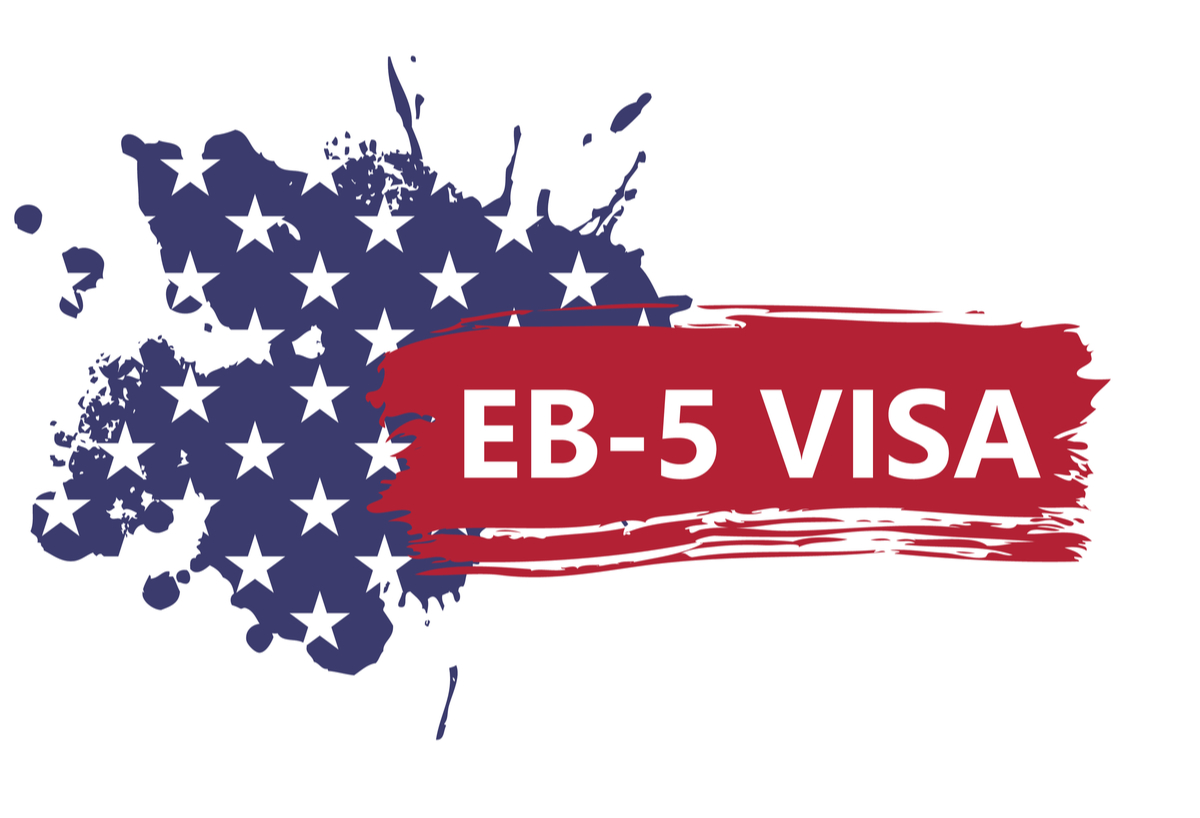The goal of any project developer is to find investors to fund new projects. Generally, private placement offerings attract “sophisticated,” well-funded investors such as institutional investors, mutual funds, hedge fund operators, insurance companies or high net-worth individuals, all of which have the capacity to conduct their own due diligence to assess the viability of an investment. Additionally, the broker-dealers who underwrite and sell these private placement offerings are required by the U.S. Financial Industry Regulatory Agency (FINRA), to perform due diligence on behalf of the issuer, for the benefit of investors. Typically, the due diligence costs are borne by the issuer and structured as a part of the placement fee paid to the broker-dealer, which typically amounts to six percent to eight percent of the total offering, depending on the size of the offering.
The goal of the average investor is to see a reliable future earnings stream while ensuring that no undue risks are taken. But for foreign investors whose first interest is to obtain green card status for themselves and their family, future earnings, and even return of capital, can be treated by regional centers as a secondary investment consideration. Faced with the challenge of selecting an appropriate investment, many investors are drawn to projects with existing I-526 approvals, or at least to regional centers with a history of I-526 and I-829 approvals.
But this criteria is limiting in two ways. Firstly, the evaluation excludes many new regional centers that are involved in projects with excellent prospects. Secondly, this criteria fails to consider whether the claims made in the business plan are likely to produce the projected cash-flow in order to provide timely principal payback. It is for this reason that foreign investors in EB-5 projects are best served by a 3rd-party due diligence that reviews both the investment strengths/weaknesses and the job creation and other USCIS criterion that must be met.
Unlike private placement security offerings, the EB-5 industry is unique in that it doesn’t require the involvement of a broker-dealer because of the exemption that allows unregistered, off-shore agents to sell these securities to foreign investors. Though they generally qualify as accredited investors, EB-5 investors are not the aforementioned “sophisticated” types, and in many cases may not even have English as a first language. This presents a strange confluence of factors: less sophisticated investors with limited English language skills wishing to invest without the involvement of a registered FINRA representative.
In the EB-5 world, regional centers often act in an advisory role that would typically be assumed by broker-dealers, namely performing the due diligence and making representations to EB-5 investors. However, unlike broker-dealers, regional centers are not regulated by the U.S. Securities and Exchange Commission, and in many cases regional centers are also the developers, further confirming the need for third-party due diligence.
DISCLAIMER: The views expressed in this article are solely the views of the author and do not necessarily represent the views of the publisher, its employees. or its affiliates. The information found on this website is intended to be general information; it is not legal or financial advice. Specific legal or financial advice can only be given by a licensed professional with full knowledge of all the facts and circumstances of your particular situation. You should seek consultation with legal, immigration, and financial experts prior to participating in the EB-5 program Posting a question on this website does not create an attorney-client relationship. All questions you post will be available to the public; do not include confidential information in your question.







 by Kurt Reuss and Rupy Cheema
by Kurt Reuss and Rupy Cheema
